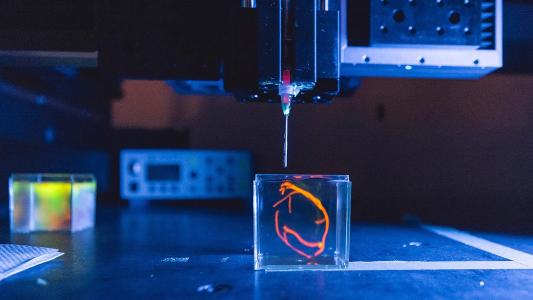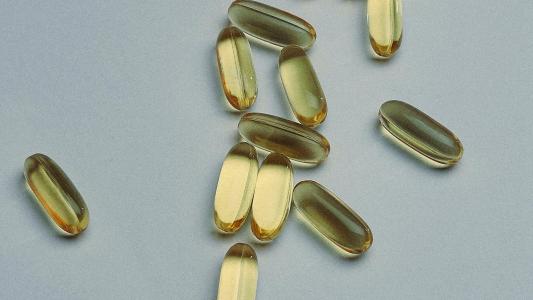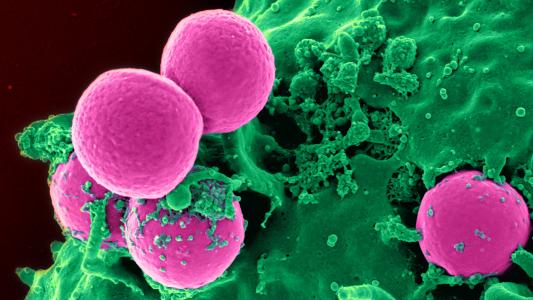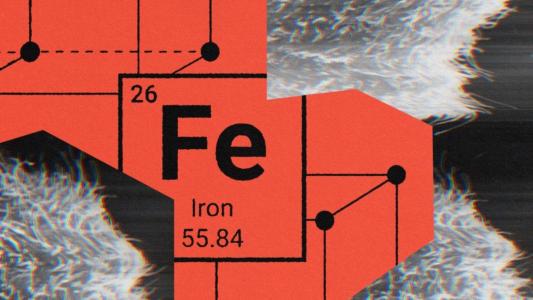Healthcare
“The twin boom”: why twinning is on the rise
Since the 1970s, the rate that twins are born has doubled in most developed countries. What caused this and is it going to change soon?
Exercise scientist explains what your daily step goal should be by your weight
Tracking daily step counts can be a useful tool for weight management, but only if you tailor it to your own body weight.
What the science really says about vitamin D deficiency
When is low vitamin D a potential concern? And when might you need to get your levels tested? Here's what the evidence says.
Stanford plans to put a 3D-printed human heart in a pig by 2028
Using 3D bioprinting, scientists are trying to construct perfect replacements for damaged organs, bones, and tissues.
What does the evidence say about omega-3 fats for heart disease, dementia, and arthritis?
Are fish oil supplements as good for preventing heart disease, dementia, and other health conditions as we think? Or is eating fish better?
New superbug vaccine turns the immune system into “the Hulk”
A superbug vaccine that temporarily puts the immune system on high alert could reduce the number of hospital-associated infections.
These earbuds analyze brain activity and sweat content
A flexible sensor turns a pair of earbuds into a health monitoring device capable of recording brain activity and analyzing sweat.
Is iron the Achilles’ heel for cancer?
Some cancer cells store high quantities of iron. Iron-activated cancer drugs selectively disrupt cancer cells, without harming healthy cells.
Artificial wombs for preemies move closer to human trials
A panel of FDA advisors has met to discuss the development of artificial wombs designed to help extremely premature babies survive.
An implantable device could enable injection-free control of diabetes
MIT engineers designed an implantable device that carries islet cells along with its own on-board oxygen factory to keep the cells healthy.









